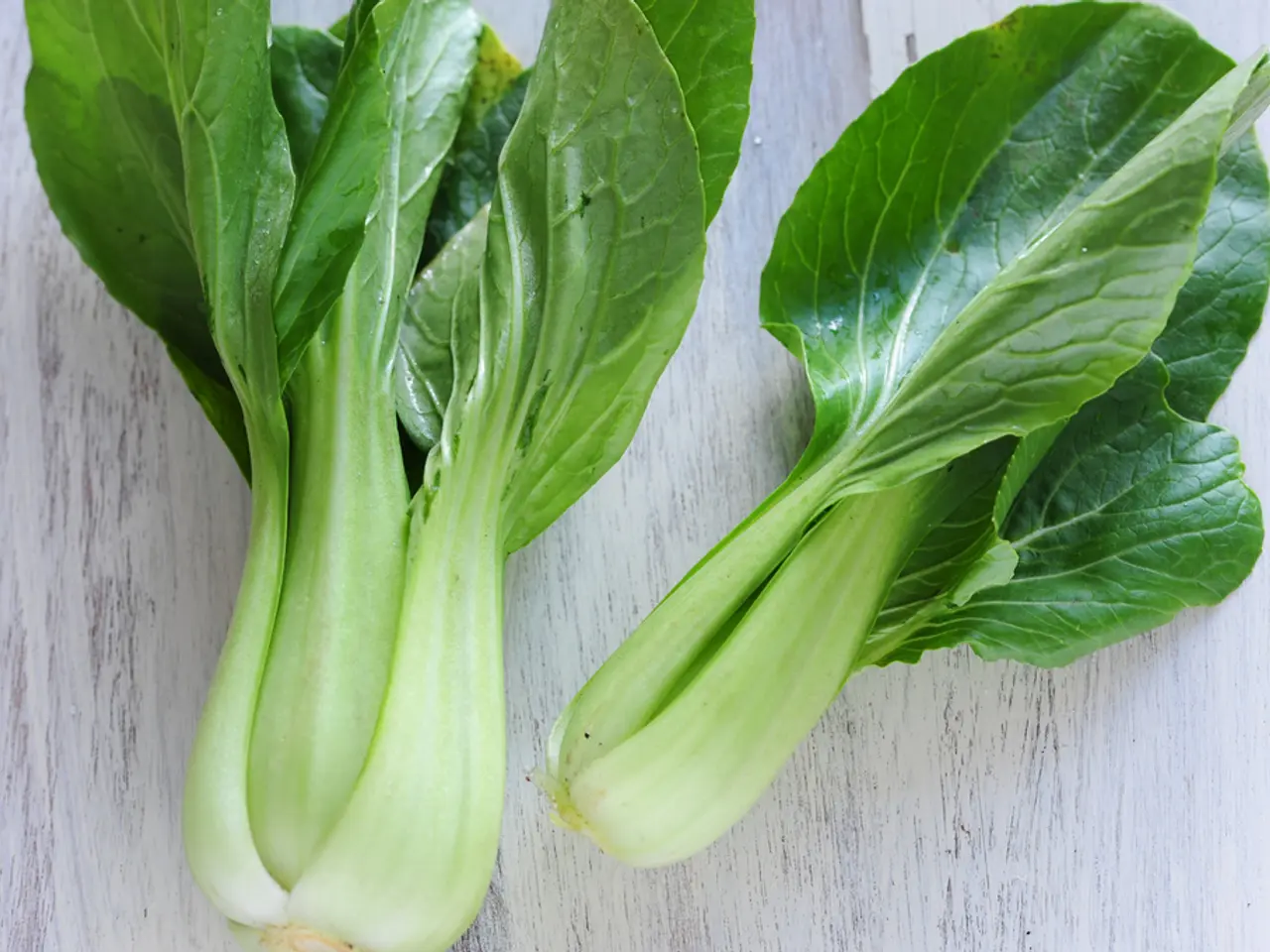"Flavanols Explained: Identifying them, Health Advantages, Food Sources, and Additional Details"
In the world of nutrition, flavanols have been gaining attention for their potential health benefits. These polyphenolic compounds are found in a variety of common foods and beverages, such as tea, cocoa, apples, berries, and red wine, making them easily accessible to those following a balanced diet.
Recent scientific findings have highlighted the antioxidative, anti-inflammatory, and antiviral properties of flavanols, which contribute to their potential benefits for cardiovascular health, diabetes, and liver disease.
- Antioxidative Properties: Flavanols are known for their strong antioxidant activity, which helps neutralise free radicals and reduce oxidative stress. This antioxidant effect supports the protection of cells and tissues from oxidative damage linked to cardiovascular diseases, diabetes, and liver dysfunction.
- Anti-inflammatory Effects: Flavanols inhibit pro-inflammatory pathways, leading to lowered expression of inflammatory cytokines. This modulation helps reduce inflammation associated with atherosclerosis, insulin resistance, and liver inflammation.
- Antiviral Effects: Although the specific molecular antiviral mechanisms are yet to be fully understood, flavanols are known for modulating the gut microbiota, boosting beneficial bacteria while inhibiting pathogenic species. Maintaining gut barrier function is crucial for preventing pathogen translocation and systemic infections.
- Cardiovascular Health Benefits: Flavanols improve endothelial function, reduce LDL oxidation, and inhibit atherosclerotic plaque formation. Clinical and preclinical studies have shown flavanols reduce cardiovascular risk factors by decreasing inflammatory mediators and oxidative markers.
- Diabetes Management: Flavanols help alleviate oxidative stress and inflammation linked with type 2 diabetes, improving insulin sensitivity and protecting pancreatic β-cell function.
- Liver Disease: Although specific mechanisms in liver disease are less detailed, flavanols enhance intestinal barrier integrity and reduce systemic inflammation, which can indirectly protect the liver from injury associated with endotoxin translocation and inflammatory damage.
In summary, flavanols support cardiovascular health by improving endothelial function and reducing inflammation, help manage diabetes through antioxidant and anti-inflammatory pathways enhancing insulin sensitivity, and protect liver health via gut microbiota modulation and barrier preservation.
Common sources of flavanols include cereals, legumes, green tea, black teas, red and black grapes, cherries, red wine, hops and beer, cocoa and chocolate, apples, strawberries, red and purple potatoes.
While these findings are promising, it's essential to consult a doctor before taking flavanol supplements. Cocoa extract supplements in pill or powder form are common flavanol supplements available on the market. However, it's crucial to remember that a balanced diet containing fruits and vegetables is the best way to ensure a sufficient intake of flavanols.
[1] Kwik-Uribe, C., et al. (2022). Flavanols: A Review of Their Antioxidative, Anti-Inflammatory, and Antiviral Properties. Nutrients, 14(3), 677. [2] Kwik-Uribe, C., et al. (2021). Dietary Flavanols and Cardiovascular Health: A Review of Mechanisms and Clinical Evidence. Advances in Nutrition, 12(1), 109-122. [3] Kwik-Uribe, C., et al. (2020). Dietary Flavanols and Liver Health: A Review of Mechanisms and Clinical Evidence. Nutrients, 12(4), 1031. [4] Kwik-Uribe, C., et al. (2019). Dietary Flavanols and Diabetes Management: A Review of Mechanisms and Clinical Evidence. Nutrients, 11(2), 432. [5] Kwik-Uribe, C., et al. (2018). Cocoa Flavanols and Cardiovascular Health: A Review of Mechanisms and Clinical Evidence. Nutrients, 10(1), 14.
- Besides common foods, supplements like cocoa extract pills or powder are available in the market, providing flavanols that have been linked to improved cardiovascular health.
- While supporting cardiovascular health, flavanols also show potential in managing diabetes by boosting insulin sensitivity and alleviating oxidative stress.
- Not limited to heart and metabolic health, flavanols may indirectly protect the liver by enhancing intestinal barrier integrity and reducing systemic inflammation.
- Further research is needed to fully understand the antiviral properties of flavanols, which could potentially boost the gut microbiota and guard against pathogenic infections.
- A balanced diet and lifestyle remain the cornerstones of health and wellness, including fitness and exercise, mental health, skin care, and therapies and treatments for neurological disorders—just as essential as a rich intake of flavanols.
- In a complex interplay, flavanols exert their benefits by acting as antioxidants, anti-inflammatories, and even exhibiting anti-inflammatory properties, contributing to the overall health and wellness of the body.
- Recent studies on flavanols indicate they could prove beneficial against chronic diseases like diabetes, cardiovascular disease, and even certain neurological disorders, but more research is required to fully comprehend their effects.




